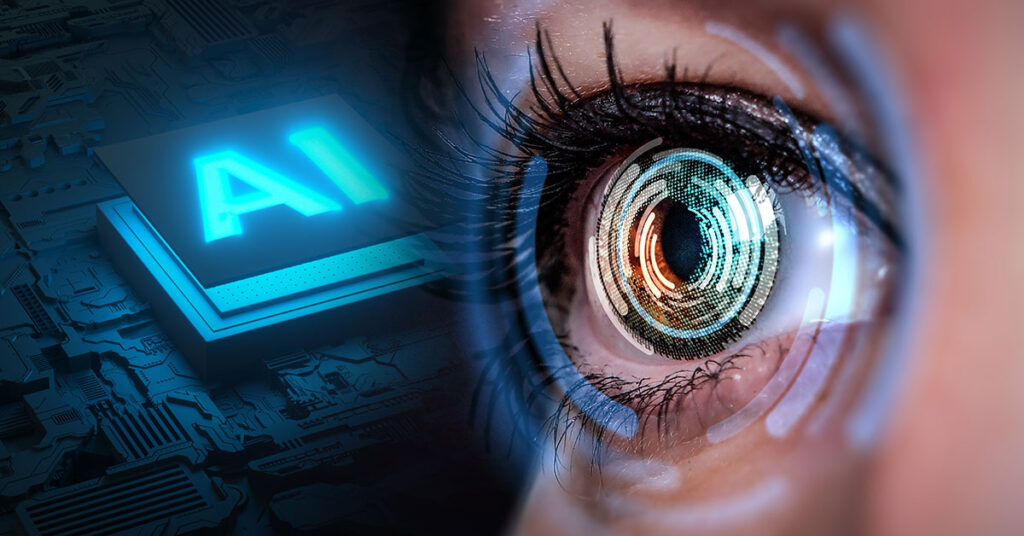
Aloha! At Eye Center of Hawaii, we’re passionate about staying at the cutting edge of medical innovation. That’s why we’re thrilled to share our long-standing collaboration with a renowned tech industry leader, leveraging artificial intelligence (AI) and machine learning to help our patients enjoy better vision.
This incredible journey began when Dr. Bennett and the Retina Institute of Hawaii were invited to work with contractors assisting the Department of Defense and military health care providers. Recognizing the enormous potential of AI to transform ophthalmology, we eagerly embraced the opportunity to learn from experts in the tech industry.
Throughout the years, our collaboration has continued to grow and evolve. We’ve been fortunate enough to incorporate the latest AI research into our practice, ensuring that our patients receive the most advanced care possible.
As a result of our innovative work, Eye Center of Hawaii has made a meaningful contribution to the current medical trends in AI. We have helped develop new algorithms and approaches that have the potential to transform not just ophthalmology, but the entire medical field.
One of the key aspects of our collaboration is the use of big data to inform treatment decisions. By analyzing individual patient data, we can identify patterns and trends that may not be visible through traditional diagnostic methods. This allows us to personalize treatment plans, tailoring them to each patient’s unique needs and circumstances.
Here’s an inspiring example of how AI can make a real difference in people’s lives. One of our patients was suffering from diabetic retinopathy, and AI analysis of their retinal images and medical history helped us predict the progression of their condition. Our data suggested a combined laser and diabetic anti-VEGF treatment, which improved the patient’s vision and allowed them to regain their driver’s license and ability to work.
This case highlights the incredible power of early intervention. By identifying and treating disease processes at an earlier stage, we can significantly improve treatment outcomes and help our patients lead happier, healthier lives.
Our collaboration with the top tech company has not only advanced our understanding of the potential applications of AI in medicine but also opened up a world of exciting possibilities for the future of eye care. We’re so grateful for the opportunity to work with some of the brightest minds in the tech industry and look forward to continuing our journey together, making a lasting, positive impact on the lives of our patients.
At Eye Center of Hawaii, we’re committed to providing the highest quality care and exploring the latest advances in medical technology. By embracing the potential of AI and machine learning, we’re ensuring a brighter future for our patients and revolutionizing the way we approach eye care.
(Hawaiian touch: “Malama” means to care for, protect, and maintain. This word embodies our commitment to caring for our patients.)
If you’re curious about how the latest advances in AI can improve your vision, don’t hesitate to reach out to our team of dedicated professionals. Feel free to ask your doctor, make an appointment, or come in for an evaluation. We’re confident that you’ll find Eye Center of Hawaii to be the best place for innovative, personalized eye care.



You shouldn't live with cloudy, fading vision. Our offices across the islands have all the technology, trained staff and experienced surgeons to bring your vision into focus with advanced, laser cataract surgery. Call us today at 808-955-0255 to schedule your exam.
#cataractsurgery #HawaiiHealth #visioncorrection #hawaiieyecare ... See MoreSee Less
0 CommentsComment on Facebook
Whether it's macular degeneration or cataracts or a simple eye exam, you can find the most advanced care at our offices across the islands. Mahalo, David, for taking the time to tell about your experience with Dr. Miller and our Kona team while they took care of your macular degeneration. We take care of our patients like they are 'ohana.
🌺#ohana #MacularDegeneration #hawaii #bigisland #eyecare ... See MoreSee Less
0 CommentsComment on Facebook
Each year, approximately 100,000 people suffer sports-related eye injuries, with around 13,500 leading to permanent vision loss. Most sports-related eye injuries can be prevented by wearing the right protective gear. Visit our optical in Kona and Lihue to get outfitted with the right eyewear for your active lifestyle.
#SportsEyeSafety #protectiveeyewear #sportsprotection ... See MoreSee Less
0 CommentsComment on Facebook
Your vision plays a vital role in your quality of life, and routine eye exams can help detect early signs of systemic conditions like diabetes, hypertension, and more.
✅ Schedule your annual eye exam
✅ Protect your eyes from UV rays
✅ Eat a nutrient-rich diet for healthy vision
Let’s keep our eyes—and our bodies—healthy together. 💙
#WorldHealthDay #EyeHealthMatters #VisionCare #Ophthalmology #HealthyEyesHealthyYou ... See MoreSee Less
0 CommentsComment on Facebook
Don't live with cloudy vision due to cataracts. We offer advanced Laser Cataract Surgery at the Ali’i Surgery Center on Oahu. Call us today to schedule your cataract exam and discover if now is the time for your cataract surgery. ... See MoreSee Less
0 CommentsComment on Facebook
We are so blessed with amazing optometrists who care deeply for our 'ohana. Mahalo Dr. Kashiwa, Dr. Ho and Dr. Bryant for taking such great care of our community. Happy World Optometry Day. ... See MoreSee Less
0 CommentsComment on Facebook